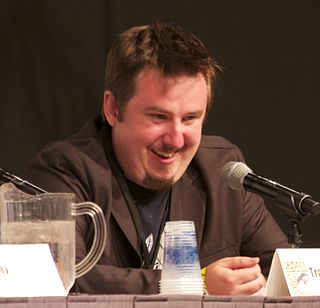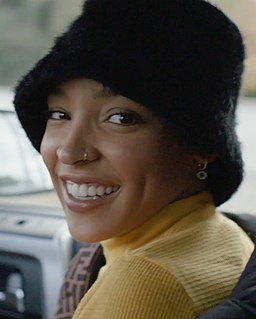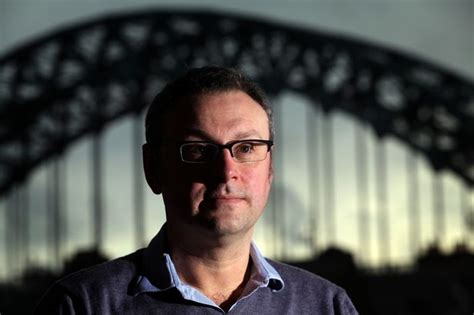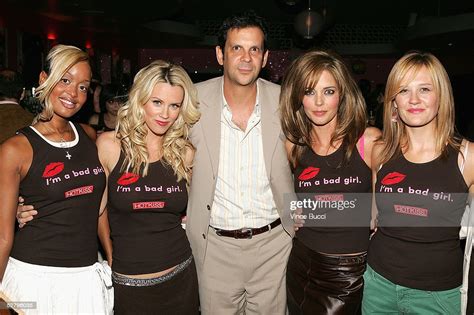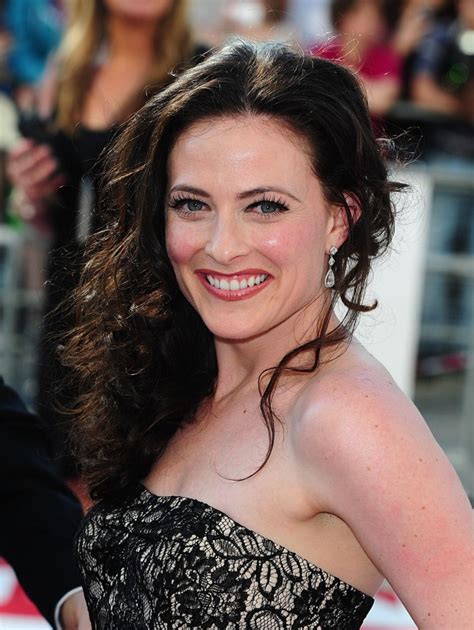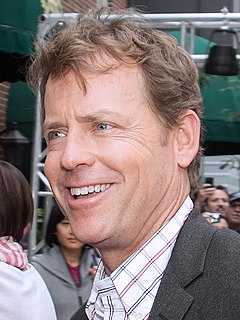A Quote by Richard Gere
People have a different idea of how movies are made than they really are. On a certain level, everyone throws ideas into the hopper. It's not like the actors are wind-up dolls that you push out onto the floor, play with, then put back in the box. You get people around you who you trust; the writer, the producer, the director and all the actors all contribute.
Related Quotes
When I was younger I didn't really know what a director did: I knew I loved movies and I figured the actors made it up! And then when you get to 12 years old you start thinking, What does a director do? It was really an organic beginning: this looks like something I want to do, I can't believe people get paid to do it!
Usually, you come into it, and there's half a dozen different views or angles on what different people are wanting to see, from the producer to the director to the writers to the actors. I think 'Pacific Rim' has been an example of something that illustrates what you get if everyone is driving towards a common purpose.
You're always going to have ups and downs - if you look at the careers of a whole bunch of people I respect, some of them have good movies, some of them have bad movies. I remember Andrew Garfield said that the only power we really have as actors - or one of the main powers we have as actors - is our choices. We can make interesting choices, but as soon as you've made that choice, so much else is in play: the director, the script can change, the other actors. All you can do is try to make interesting choices and, once you're in it, just do the best you can.
Actors become actors because they loved entertaining their family by putting on the lampshade and dancing around as a kid, ... That's not my personality. For me, the fun part of making movies is seeing it as a director sees it. I like the architecture of movies. I like knowing what's coming and working to set that up.
Actors, I think, are all the same. Both Korean actors and American actors are all very sensitive people, and they are all curious to know what the director thinks of them and how they are evaluated, and they try to satisfy the director. And they like it if you listen carefully to their opinions and accept them.
Well, actors get very frustrated with giving control to other people. They have their own ideas and wants for their characters. Warren Beatty once told me that he thought actors ended up directing out of frustration. If you have a strong sense of how to communicate a film, you should direct. The problem is that it is a huge commitment. I'd rather direct a play than a film due to the time. A movie can tie you up for a year or more.
I think I'm an extremely conscientious producer and now equally as a director and it gives me the opportunity to look at the entire movie and really allow the movie to be the creative vision of the actors, the writer and myself, because I'm in charge of it from a producer and a director point of view.
Actors push pause on their lives, fly to foreign countries, invest so much and work so hard and get so intimate with a group of people from a crew and cast, and then they say 'that's a wrap' and you push play on your life and there's a middle part of the sandwich, or a tunnel or bridge that you have to kind of walk back over before you can hit play.




